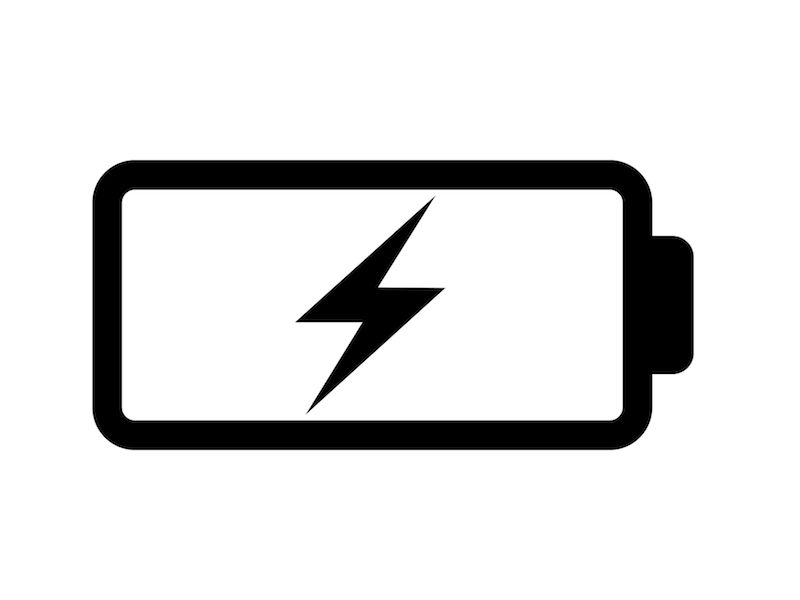
Rechargeable hearing aids are manufactured so that you’ll need to stress less about running low on batteries, but the technology may also make you a little anxious when you rely on your devices to hear. Do rechargeable hearing aids work as well as marketed or do they even work at all?
The worry is reasonable and so are the question you may have. A hearing aid can be a necessary part of one’s day-to-day life, as necessary for a simple visit to the grocery store as they are for the enjoyment of a television show or movie. It’s essential that a piece of technology functions correctly and reliably, especially when it impacts so many aspects of life.
What Type of Battery do I Have?
By default, most modern hearing aids come with rechargeable batteries, so if you bought your hearing aids recently it’s likely that your hearing aids will have one of two battery types. Silver-zinc batteries, which have a battery door on the back of the device, are rechargeable, but every so often they need to be replaced. A Lithium-ion battery, however, will not have a battery door because the batteries will last as long as the hearing aid does.
How to Care For Your Rechargeable Hearing Aid
For the most part, rechargeable hearing aids do work, and they work well. As battery technology has advanced in the last several years, the dependability of these devices has increased dramatically. In order to increase reliability, however, there are a few maintenance measures users can take as they would with any other electronic device.
- Keep Your Hearing Aids on The Charging Station: If your hearing aids have rechargeable batteries, you can extend your device’s battery life by ensuring that you consistently store your hearing aids on their charging station. The long term battery life is not shortened by charging a battery that is not completely drained.As a matter of fact, ensuring that your hearing aids are charging when not in use can actually maximize your long-term battery life. A convenient reminder, for many people, to charge their device when it’s not used, is to place the charging station on a table near their bed.
- Be Mindful of Wires: Most hearing aids will have a wire element of some kind, either on the charging station or on the hearing aids themselves. Most hearing aid users are advised to be aware of these wires; do not pull or hold your device by these wires as this will damage the connections that enable your hearing aid to charge.
- Keep Your Hearing Aids Clean and Dry: Your hearing aids will collect debris, dust, and moisture regardless of how often you use them. Your hearing aid might not completely charge if it is exposed to any of these three things. When connecting your hearing aid to your charging station, as with any other time, it’s important to keep your device clean.
How to Replace a Rechargeable Battery
If you have lithium-ion batteries, they should last as long as your device does. So changing those batteries won’t be something you ever have to worry about. Simply continue recharging your hearing aids as long as needed.
Hearing aids that depend on silver-zinc batteries, however, might require new batteries periodically. The lifespan of your battery can be improved by replacing them in the correct way. Because of this, hearing experts recommend the following:
- Clean and free of moisture is the state that your battery compartment should be kept in.
- Five minutes before taking off any tabs that may be attached let the batteries sit at room temperature.
- Remember to wash your hands before replacing your hearing aid batteries.
- Make certain you have a dry, room temperature place to keep your batteries.
- Don’t eliminate any plastic tabs or packaging until you’re ready to use batteries.
Non-Use For Long Periods
If you are planning not to use your hearing aids for long amounts of time, leaving them on the charger might no longer be the best manner to store your devices. Simply unplug your hearing aid and store it in a cool dry spot if, for instance, you know you won’t be wearing them for several weeks or a month.
Consider leaving the battery door open so you can stop moisture from corroding the batteries if you have silver-zinc batteries.
Keep it Charged Every Day
All your basic requirements should be satisfied if you charge your hearing aids once a day. To get 24 hours worth of battery life with a lithium-ion battery will usually only require 3-4 hours every day.
Do rechargeable hearing aids work? They don’t just work, they are becoming more common every day. To see all the different models, get in touch with your local hearing aid retailer.
